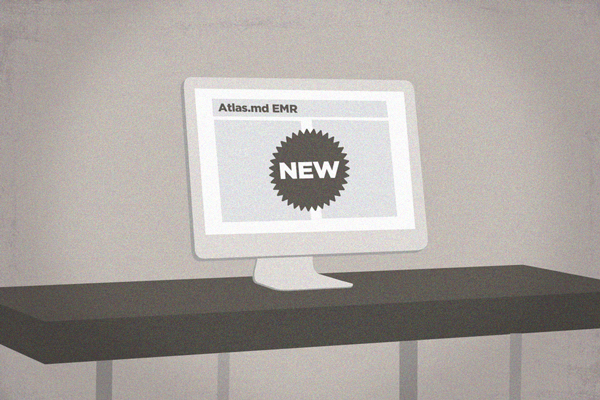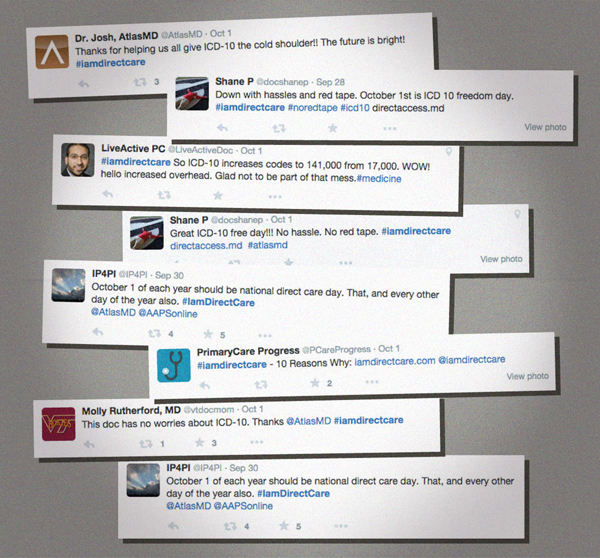
“A study from the pen-and-paper era showed that 1 in 15 hospitalized patients suffered from an adverse drug event, often due to medication errors. A 2010 study (using data collected during the pre-digital era) estimated the yearly cost of medication errors in U.S. hospitals at $21 billion.” – Medium.com
Whoa.
When you look at those stats, it’s no wonder the industry couldn’t wait for a better way. Technology has done so much good in the way of standardization and reducing the margin of human errors. EMRs and the like have made it easier for docs to spend less time charting and more time actually with their patients. The benefits far outweigh any negatives, but that’s only if you use technology responsibly.
We can’t leave our jobs totally up to technology, as the story over on Medium.com illustrates perfectly. If we do, we’ll miss things like a massive accidental overdose (patient needed one pill, got 39 instead) and nobody wants to feel the guilt Nurse Levitt experienced so intensely. We’ll miss dangerous drug interaction warnings and potential allergy notifications. We’ll miss the opportunity to avoid life-threatening situations. Whether we’re in a hospital setting, or a clinic setting, this kind of attention to detail still matters. Immensely.
We know this. And we, as Direct Care professionals, have adopted a business model that wholeheartedly embraces the very two things that can prevent errors like this from happening — even in the technology era.
1. We’ve gotten rid of red tape and policy that does nothing but convolute the simplest of tasks. In fact, we’ve taken it upon ourselves to build the EMR that we want, and have thus turned it into a product incredibly useful for hundreds of other Direct Care practices, too. It’s based on accuracy, simplicity and ease of use. There are people working around the clock to make sure these things work together in tandem.
2. We have time. Time to think through every prescription we order and dispense. Time to double check dosage. Time to actually pay attention to the alerts that fire when an irregularity has been electronically recognized. This gift is not something we take lightly.
Technology can certainly make our jobs — our lives — easier and more efficient. For that we’re thankful on a daily basis. But we mustn’t forget that we are the threshold for which all medical decisions must pass. We can’t check common sense at the door in lieu of an app that thinks for us. And because we have a business model that allows us to work to the best of our abilities, we love our jobs… and therefore don’t want to just go through the motions.
So thanks to technology, for all you do for us. But more importantly, thanks to Direct Care, for existing so that we may also operate as the best versions of ourselves.
 We often get asked for recommended reading lists. We’re delivering! These posts feature a book we highly recommend to learn more about business, philosophy, and different perspectives to help you run your business. Do you have a recommendation that’s not on the list yet? Mention it in the comments!
We often get asked for recommended reading lists. We’re delivering! These posts feature a book we highly recommend to learn more about business, philosophy, and different perspectives to help you run your business. Do you have a recommendation that’s not on the list yet? Mention it in the comments!




